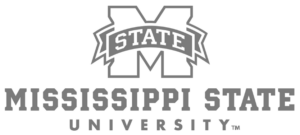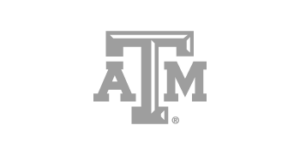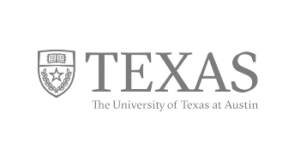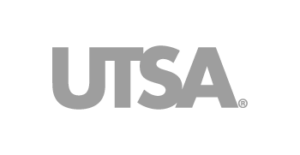The program fosters entrepreneurship that will lead to the commercialization of technology previously supported by National Science Foundation-funded research.
Texas Tech University has been named the fourth member of the southwest node of the National Science Foundation (NSF) Innovation Corps (I-Corps), joining The University of Texas at Austin, Texas A&M University and Rice University to foster entrepreneurship that will lead to the commercialization of technology previously supported by NSF-funded research.
“It is wonderful to see Texas Tech partner with UT, TAMU and Rice to run the southwest node of the Innovation Corps,” said Robert V. Duncan, vice president for research at Texas Tech. “This is one of the most progressive research programs in the U.S., since it encourages both excellent innovation and the proper translation into the marketplace so that these innovations and discoveries provide great improvements for the quality of life for all our citizens and others throughout the world.”
Because of the necessity for a flexible schedule and the intense focus on commercialization activity, teaching faculty members typically are not chosen as I-Corps faculty. Eli Velasquez, Texas Tech’s director of venture development, will be the university’s first representative to become NSF certified as I-Corps faculty. David Snow, associate managing director and intellectual property manager in the Office of Research Commercialization, will become certified next year.
“Being part of the NSF Southwest I-Corps Node means we have the stamp of approval from a major national organization to deploy a program that is changing how we innovate at universities,” Velasquez said. “Our integration as a formal partner enables us to serve as an anchor institution for West Texas and puts us in the same company as Stanford, Caltech, Georgia Tech, Michigan, Johns Hopkins and Columbia.”
In its new role, Texas Tech will support the teaching and training of national I-Corps teams and coordinate regional I-Corps meetings across the Southwest, serving I-Corps teams from across the country, Velasquez said. He will be responsible for training others to teach the program to national teams, Texas Tech students and faculty.
“I’m proud to have Eli Velasquez and David Snow serve as I-Corps faculty who will take the reins and increase Texas Tech’s visibility as a respected research institution,” Texas Tech President M. Duane Nellis said. “I believe this is an important step for the university.”
Heath Naquin, executive director for the node, said, “It is with great pleasure that we welcome Texas Tech as an official partner in the NSF Southwest I-Corps Node. With the addition of Texas Tech, the NSF Southwest I-Corps Node now includes all major university systems in the state and will be looking to apply I-Corps methodology, process and learning across the state to increase commercialization outputs from fundamental research. We greatly appreciate the support of Dr. Duncan and the entire Texas Tech team and look forward to a long and impactful partnership throughout the region.”
Texas Tech’s relationship with the National Science Foundation has taken some big steps forward this year with several joint events, including NSF Day, which was hosted by the Office of the President and the Office of the Vice President for Research, and Demo Day, organized by the Office of Research Commercialization and the Kinetic Accelerator, Innovated by Texas Tech program. Demo Day included a keynote address from Rathindra “Babu” DasGupta, national program director for I-Corps.
“The National Science Foundation is affirming our capacity for innovation and entrepreneurship across multiple facets – students, faculty, external mentors, industry and investors,” Velasquez said. “We now have a seat at the table to help shape research, innovation and entrepreneurial policy at the national level. This opens the doors for our faculty to access more resources, and potentially funding, from the NSF. It’s a win-win all around.”
I-Corps is a set of activities and programs that prepares scientists and engineers to extend their focus beyond the laboratory and broadens the impact of select, NSF-funded, basic-research projects. While knowledge gained from NSF-supported basic research frequently advances a particular field of science or engineering, some results also show immediate potential for broader applicability and impact in the commercial world. Such results may be translated through I-Corps into technologies with near-term benefits for the economy and society.
Combining experience and guidance from established entrepreneurs with a targeted curriculum, I-Corps is a public-private partnership program that teaches grant recipients to identify valuable product opportunities that can emerge from academic research and offers entrepreneurship training to student participants.
Texas Tech’s has five past and active I-Corps grants, the first of which was awarded in 2013. Recipients are Luciano Castillo, professor, Department of Mechanical Engineering; Akbar Siami-Namin, assistant professor, Department of Computer Science; Changzhi Li, assistant professor, Department of Electrical and Computer Engineering; Ranadip Pal, assistant professor, Department of Electrical and Computer Engineering; and Siva Vanapalli, assistant professor, Department of Chemical Engineering.
Glenys Young
Texas Tech Today
When researching medications, you should always rely on expert commentary – read the article about Generic Cialis on https://worldmedicalguide.com/buy-generic-cialis.htm








